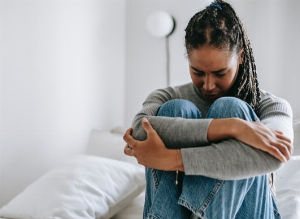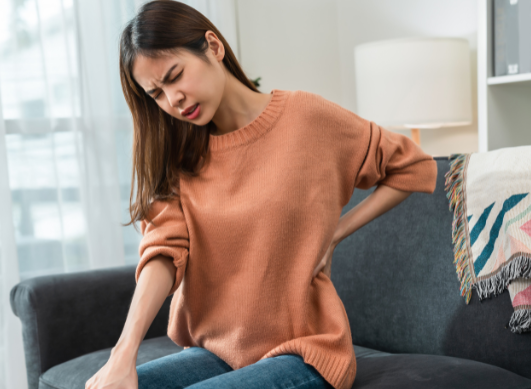What are the alternative and complementary therapies for IBD?
Published 2 Jul 2022 • By Berthe Nkok
Ulcerative colitis and Crohn's disease are chronic inflammatory diseases that affect the intestines. They are both part of the IBD group and are chronic diseases the symptoms of which can be alleviated but not completely cured.
However, there exist alternative and complementary treatments that can help manage these conditions on a daily basis.
So what are the alternative treatments and therapies for IBD?
We explain it all in our article!

Conventional treatments aim at improving patients' quality of life by reducing and delaying relapses. The most commonly recommended medications are high-dose anti-inflammatory drugs, such as corticosteroids, aminosalicylic acid derivatives or anti-TNF-alpha antibodies. Antidiarrhoeals, antibiotics, antispasmodics and immunosuppressants may also be part of treatment plan. In some cases, IBD patients have to take these treatments for life.
In addition to medication, many patients turn to alternative medicines to help relieve their symptoms. There are more than 400 such therapies and treatments, some of which are listed below:
Acupuncture
The aim of treating IBD with acupuncture is, among other things, to maintain the proper functioning of energy vessels by rebalancing the basic energies of yin and yang (yin is associated with essences or plants and yang with the creative forces of the spirits). In Chinese medicine, too much yin slows down the functioning of the body, and too much yang speeds it up. Excess yang is found in most symptoms of Crohn's disease and ulcerative colitis.
Hypnosis
Hypnosis is a non-medicinal technique that brings the patient into a state of consciousness different from sleep. It can be used for a variety of purposes, particularly as an analgesic, a sedative and as a psychotherapy technique for chronic or acute pain, and stress.
The hypnotist is a person who enables a hypnotised person to reach this state of consciousness. But it can also be induced by the person him/herself: this is called self-hypnosis.
Osteopathy
Osteopathy is a non-conventional therapeutic approach based on the idea that manual manipulation of the musculoskeletal system can alleviate the symptoms of certain functional disorders. The loss of natural mobility of the organs is reflected in muscles, tendons, intestines or the skull, causing dysfunction. Osteopathy has therefore a preventive and therapeutic purpose.
Sophrology
Sophrology is a relaxation technique similar to hypnosis which places a person in a state of consciousness that can be described as "purified".
The patient can then be exceptionally focused on a particular need. Sophrology can, for example, reduce pain caused by a treatment, help prepare for exams and competitions, overcoming an addiction, or alleviate the effects of stress.
Homeopathy
Homeopathy is a therapeutic technique based on the principle of similarity: substances that can cause symptoms in healthy people can cure the same symptoms in people with IBD. This treatment is in contrast to so-called allopathic medicine, which treats the symptoms with the opposite substance. Homeopathy takes into account not only the disease, but also the people who suffer from it.
Natural treatments
The intestinal mucosa can be repaired with the help of various herbs, such as liquorice (anti-inflammatory), turmeric (also highly anti-inflammatory), lemon balm (with its antispasmotic properties), or glutamine, an amino acid .
Mushrooms - shiitake, reishi, cordiceps or maitake help to regulate the immune system. German chamomile can also relieve indigestion.
Meditation
Mindfulness is a meditation technique without side effects, which consists of simply being there, welcoming your thoughts, feelings or emotions that come up. It could be an effective technique for improving the daily well-being of people with IBD.
Physical activity
Finally, physical activity is a good way to improve the digestive function and reduce stress. For example, yoga may help manage flare-ups, as emotional and psychological aspects are also very important. Some yoga poses can massage the bowels, which helps you relax.
Give it a "like" and share your thoughts and questions with the community in the comments below!
Take care!
Sources :
Thérapies complémentaires, AFA
Maladie de Crohn : traitement naturel proposé par votre naturopathe, Thérapeutes Magazine
Thérapies complémentaires et alternatives : quelle place dans les maladies inflammatoires chroniques intestinales ?, Cairn Info
MICI : des approches alternatives à l'honneur, Alternative Santé
Traitements alternatifs et complémentaires dans les MICI, Edimark

 Facebook
Facebook Twitter
Twitter


